Recycling is becoming essential in potable segment as populations grow and climate challenges increase.
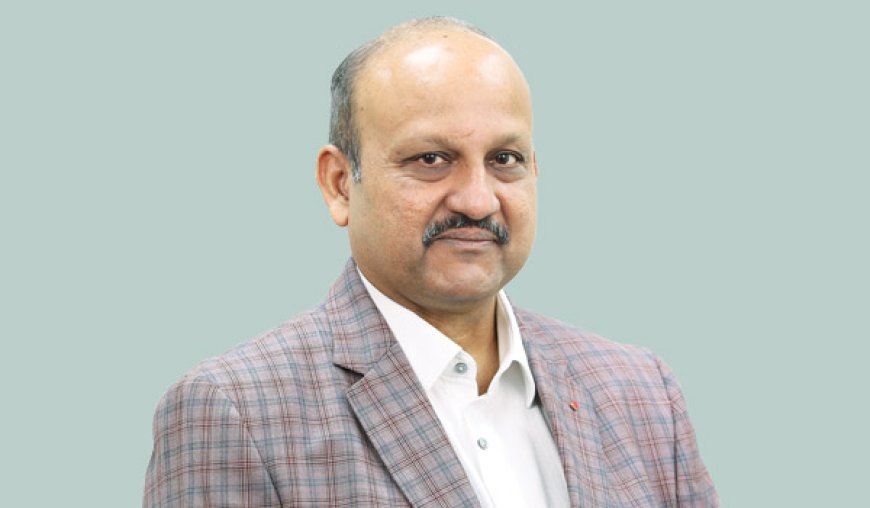
Yogen Lal
CEO – Water, Welspun Enterprises Ltd
How is India progressing in water infrastructure development, and what improvements are needed?
India has made significant strides in water infrastructure development over recent years, driven by a range of ambitious government schemes and projects. These initiatives aim to enhance water management, boost access, and ensure sustainability across the country.
One of the most prominent initiatives is the Jal Jeevan Mission (JJM), launched in 2019. This scheme aims to provide piped water to every rural household by 2024.
Another major effort is the Namami Gange Programme, which is dedicated to cleaning and rejuvenating the Ganges River. This program combines infrastructural improvements, such as constructing sewage treatment plants and developing riverfronts, with conservation efforts like afforestation to restore the river’s health and this program is extended to all major rivers in India.
In 2020, the Atal Bhujal Yojana (ABHY) was introduced to focus on sustainable groundwater management in critical areas. This scheme promotes community involvement in groundwater conservation, aiming to address the pressing issue of groundwater depletion. The revised National Water Policy advocates for a comprehensive approach to water resource management, emphasizing conservation and the integration of land and water management practices.
Despite these advances, several areas need further attention. The quality and maintenance of existing infrastructure require enhancement to ensure long-term sustainability. Groundwater depletion remains a critical issue, necessitating stricter regulations and advanced recharge techniques. Regional disparities in water distribution also need targeted interventions to ensure balanced development. Hence, increasing public awareness and participation in water conservation efforts is crucial for the success of these initiatives.
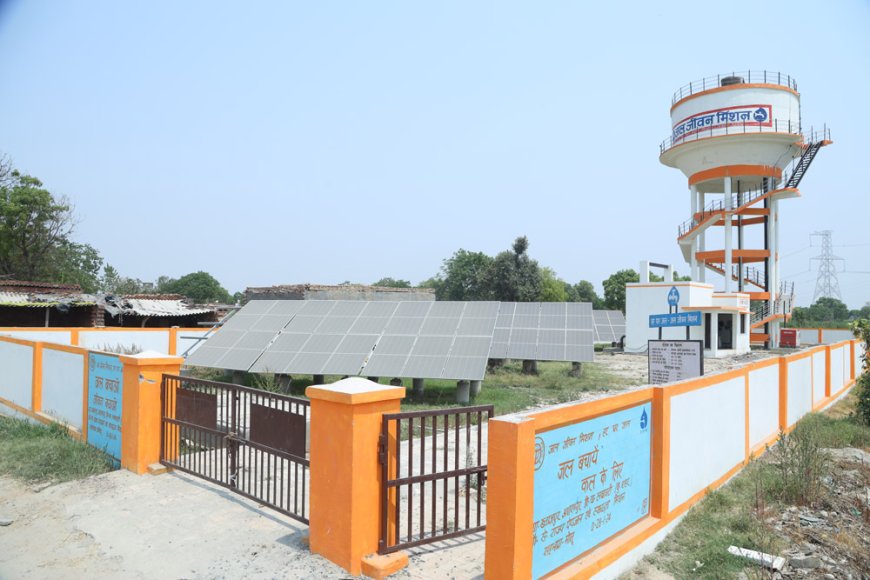
Can you elaborate on your company’s key projects in water distribution and wastewater recycling?
At Welspun Enterprises, we have made significant strides and expanded our footprint in India’s water sector. Currently, we are actively involved in several prestigious projects in the areas of transmission & distribution, water and wastewater treatment, tunnelling and allied areas.
In terms of wastewater treatment, we are currently executing the prestigious 418 MLD Wastewater Treatment project, located at Dharavi, Mumbai. This is one of the world’s first multi-storeyed facilities of this capacity and will significantly enhance Mumbai’s sewage treatment infrastructure once complete, ensuring improved environmental sustainability and contributing to the city’s overall cleanliness and sanitation efforts. We have forged a partnership with Xylem, a global leader in advanced technologies, as a technology partner for the project. We have made significant progress on the project, with the construction of the critical Sequencing Batch Reactor (SBR) structure advancing smoothly.
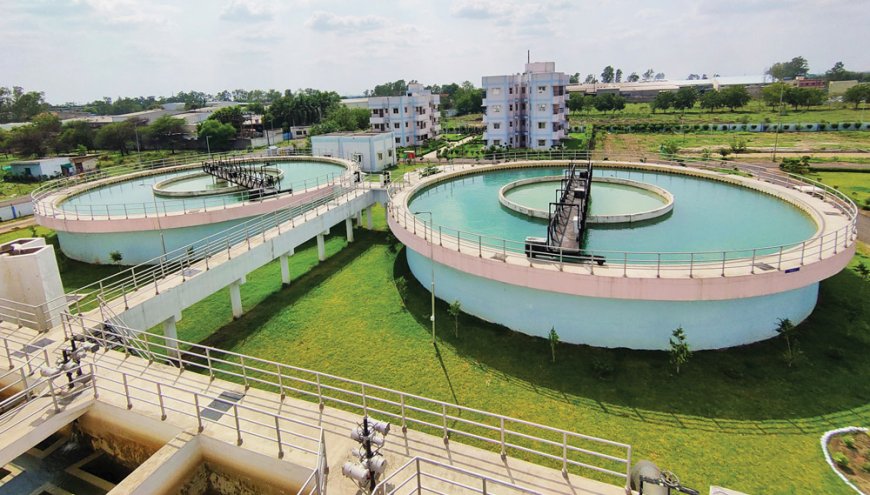
We are also making great progress with the Rural Water Supply Project in Uttar Pradesh, as part of the Government of India’s Jal Jeevan Mission. This project is aimed to ensure the supply of clean, drinking water to 40 lakh beneficiaries in Uttar Pradesh. We have already connected over 50% of the targeted households in over 2,500 villages in five districts of Ayodhya, Varanasi and Meerut.
Earlier this year, we secured a major contract to construct a 2,000 MLD Water Treatment Plant in Bhandup, Mumbai, valued at approximately Rs. 4,124 crore. This landmark project marks a significant milestone for us and will be among the largest drinking water treatment plants built globally in recent times. By utilizing cutting-edge treatment processes and technologies, we aim to maximize resource efficiency. We have partnered with Veolia, one of the world’s leading water technology companies, to deliver this sustainable solution for the citizens of Mumbai. We have received the notice to commence work in July and our pre-construction activities are progressing at a good pace.
Additionally, with our stake acquisition in Welspun Michigan Engineers Limited, we have expanded the water infrastructure business and entered niche areas of micro-tunnelling, segment tunnelling, sewer rehabilitation and other trenchless technologies. Welspun Michigan Engineers has recently secured an order of ~Rs. 160 crore from the BMC for the rehabilitation of sewer lines through trenchless technology. The order involves the laying of pipelines totalling 17 km in Mumbai and is to be executed within a period of 24 months from the date of notice of commencement.
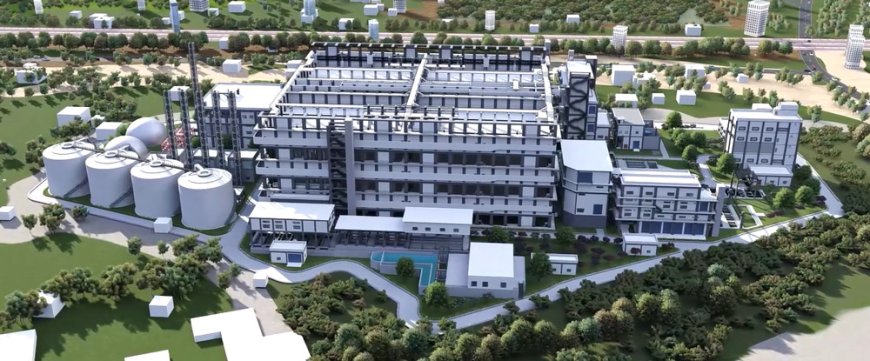
How is water recycling and reuse gaining importance in both potable and non-potable segments?
The demand for industrial water in India has witnessed a significant increase. Besides freshwater sources, industries are exploring alternative sources, such as recycled wastewater and desalination, to meet their growing demand. Industries are making concerted efforts to utilise water judiciously to mitigate the risk of future water shortages.
In the potable water sector—where water is used for drinking and cooking—recycling is becoming essential as populations grow and climate challenges increase. Industry advancements have made it possible to treat and recycle wastewater to meet drinking water standards. This progress not only conserves our valuable water resources but also alleviates the strain on traditional water sources, helping us ensure a reliable supply of clean water for the future.
On the non-potable side, which includes uses such as irrigation and industrial processes, water recycling is making impressive strides. Advances in technology have improved the efficiency of recycling systems, making it easier to reuse water for various applications. As we continue to advance in water recycling and reuse, we’re not only addressing immediate water challenges but also laying the groundwork for a more sustainable future.
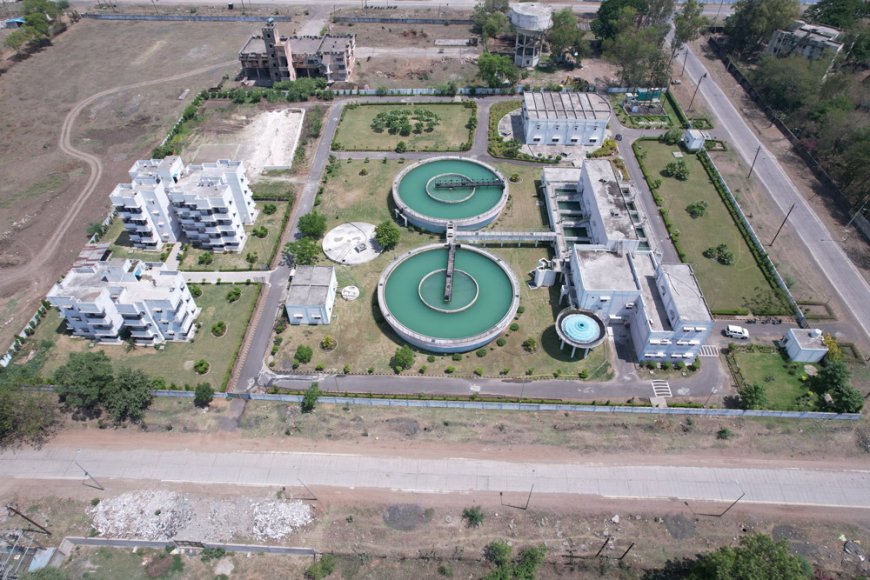
What is your vision for sustainable water infrastructure, and what are your future plans?
Our vision for sustainable water infrastructure is centred on creating long-term positive impacts through every project we undertake. We are committed to developing infrastructure that not only transforms communities but also fosters resilience and sustainability. By integrating cutting-edge technology, forging strategic partnerships, and maintaining a steadfast commitment to sustainable practices, we aim to build infrastructure that meets the needs of today while safeguarding resources for future generations.
Collaboration is at the heart of our approach, and it's key to our success. Our acquisition of Welspun Michigan Engineers Limited opens up new opportunities, positioning us for growth. Partnerships with global leaders like Veolia and Xylem boost our capabilities in the water sector, while our upcoming collaboration with SmartOps brings innovative biological treatment systems to the table.
Looking ahead, our strategy remains focused on selectively bidding for high-value projects, and evaluating potential partnerships and acquisitions that align with our growth vision, all while maintaining operational excellence.







